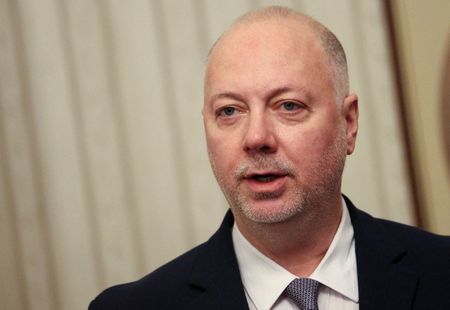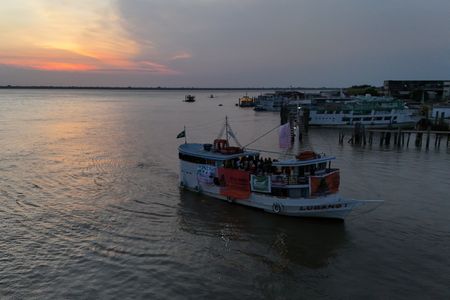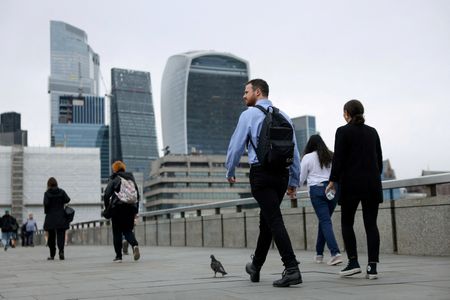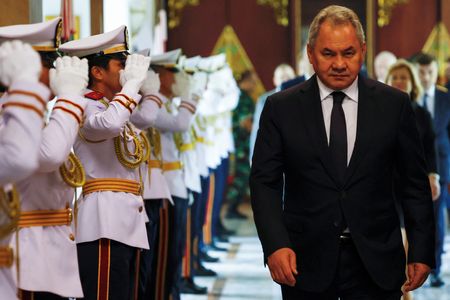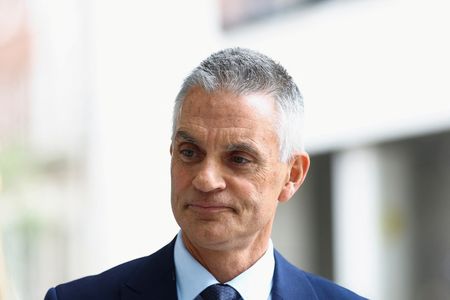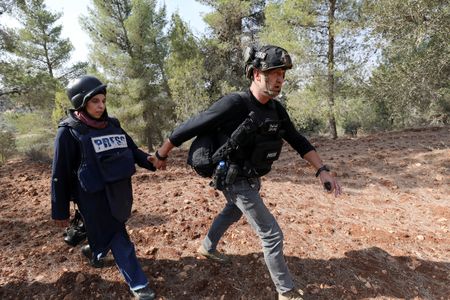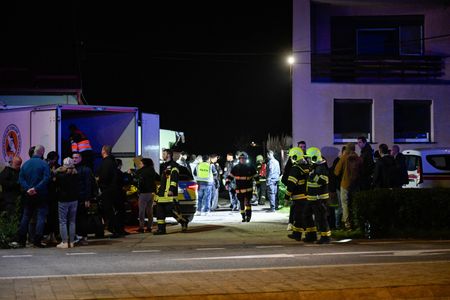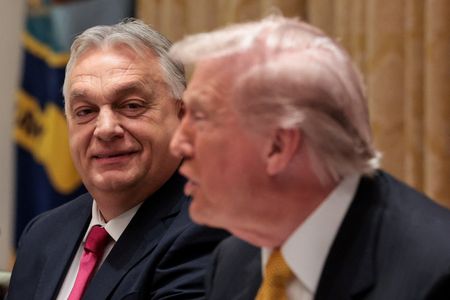SOFIA (Reuters) – Bulgaria’s Rosen Zhelyazkov, the candidate for prime minister of the largest parliamentary group, accepted the president’s invitation to form a government on Wednesday, following a snap election in October, the seventh in four years.
Zhelyazkov, proposed as a PM-designate by the GERB-SDS group, presented President Rumen Radev with a ready-made cabinet.
“Our consultations were aimed at seeking a broader consensus,” Zhelyazkov said, after Radev handed him the mandate at a ceremony at the presidency. “We made great efforts, sometimes in the late hours of the day, to reach the necessary compromises, the necessary agreement.”
Radev said he would order parliament on Wednesday to vote on the proposed government. The line-up gives the majority of ministerial posts to GERB-SDS, five to the BSP-United Left party and four to the populist There Is Such a People (ITN).
The move follows months of difficult coalition talks in which the GERB leader and former prime minister Boyko Borissov was rejected as a candidate to lead the government.
The centre-right GERB party won the October vote but was unable to agree on forming a coalition government. That followed June’s inconclusive election after which a caretaker government led by Dimitar Glavchev had run the country.
Bulgaria, a member of the European Union and NATO, has been plagued by revolving-door governments since anti-graft protests in 2020 unseated a GERB coalition.
The Balkan country needs a period of political stability to accelerate the flow of EU funds into its creaking infrastructure and nudge it towards the adoption of the euro.
Plans to join the euro zone have been pushed back twice because of missed inflation targets, but officials say Bulgaria may still join the currency union in the coming months.
(Reporting by Stoyan Nenov, writing by Daria Sito-Sucic; Editing by Ros Russell)

